Home>Home Appliances>Laundry Appliances>What Is A Washing Machine Impeller
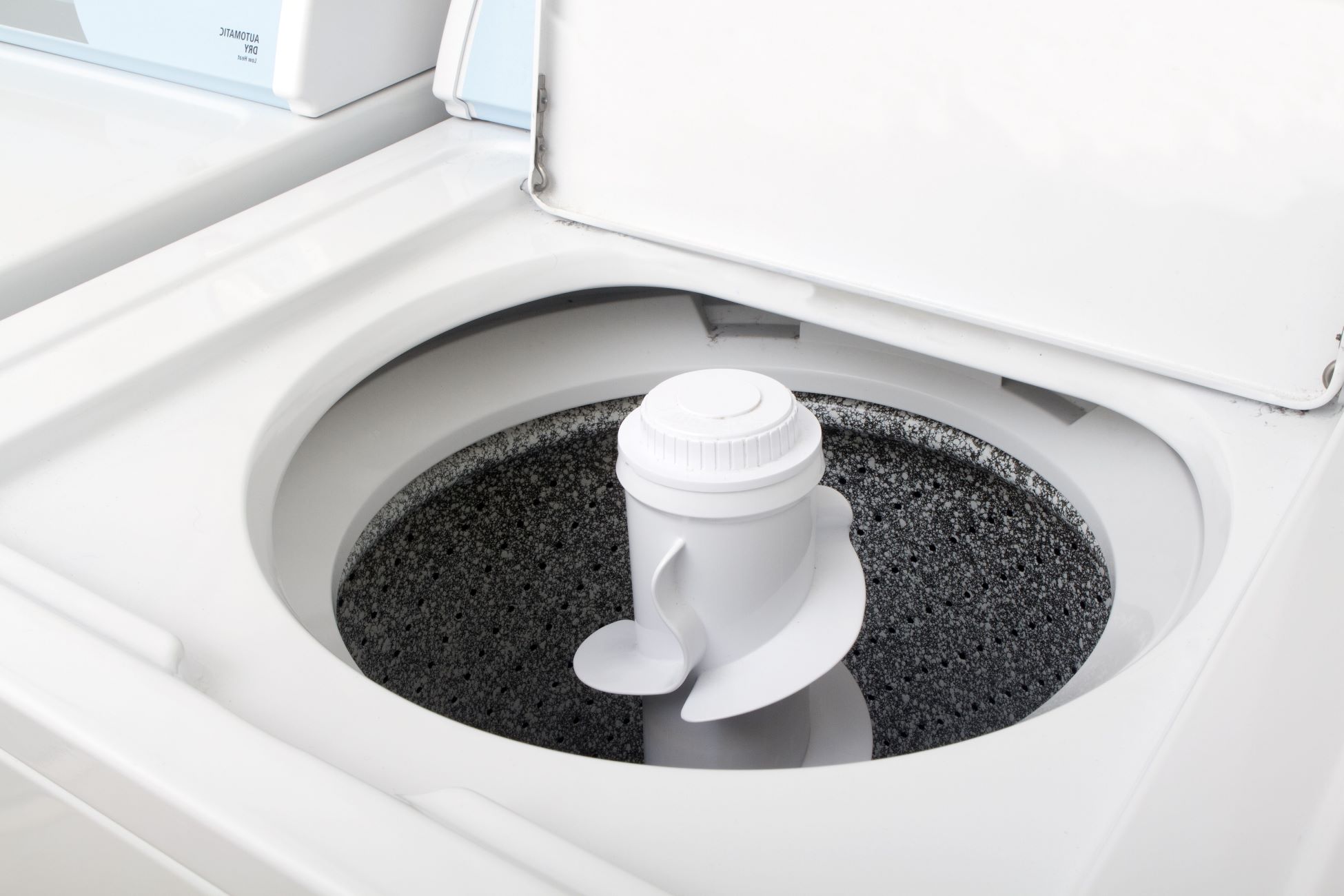

Laundry Appliances
What Is A Washing Machine Impeller
Published: February 22, 2024
Learn about the benefits of a washing machine impeller for your laundry appliances. Discover how it improves cleaning performance and saves water.
(Many of the links in this article redirect to a specific reviewed product. Your purchase of these products through affiliate links helps to generate commission for Storables.com, at no extra cost. Learn more)
Introduction
Washing machines have become an indispensable part of modern life, revolutionizing the way we clean our clothes. These marvels of technology have evolved over the years, incorporating various innovations to improve efficiency and performance. One crucial component of a washing machine is the impeller, a feature that plays a pivotal role in the washing process.
The impeller is a vital part of the washing machine's agitator system, responsible for creating the necessary motion to clean clothes effectively. Unlike traditional agitators, which have a central post and move clothes by rotating them around the agitator, impellers utilize a low-profile cone or disc that rotates to create a turbulent current in the water. This motion causes the clothes to rub against each other, effectively removing dirt and stains.
Understanding the function and significance of the washing machine impeller is essential for anyone looking to purchase a new washing machine or maintain an existing one. In this article, we will delve into the intricacies of washing machine impellers, exploring their functions, types, pros and cons, and maintenance tips. By the end of this journey, you will have a comprehensive understanding of this critical component and its impact on the overall performance of a washing machine.
Key Takeaways:
- Washing machine impellers create a powerful water flow to clean clothes effectively. They offer gentle washing for delicate fabrics and save space, but may require an adaptation period and periodic maintenance.
- To maintain a washing machine impeller, regularly clean and inspect for clogs, use the right amount of detergent, and balance loads. Following manufacturer’s guidelines is crucial for optimal performance.
Read more: What Is Impeller Washer
The Function of a Washing Machine Impeller
The function of a washing machine impeller is pivotal to the cleaning process. Unlike traditional agitators, which rely on a central post to move clothes, impellers utilize a low-profile cone or disc that rotates to create a turbulent current in the water. This motion is designed to effectively clean clothes by causing them to rub against each other, dislodging dirt and stains.
The impeller's design and motion create a dynamic environment within the washing machine, ensuring that the clothes are thoroughly agitated and cleaned. The impeller's rotational movement generates a powerful water flow, which in turn forces the clothes to move in a circular pattern within the washing machine drum. This movement is crucial for dislodging dirt and grime from the fabric, ensuring a thorough and efficient cleaning process.
Furthermore, the impeller's unique design allows for a gentler washing action compared to traditional agitators. This is particularly beneficial for delicate fabrics, as the impeller's motion reduces the risk of damage to clothing items. The impeller's ability to create a turbulent current in the water ensures that the cleaning action is distributed evenly throughout the load, resulting in consistent and effective cleaning performance.
In summary, the function of a washing machine impeller is to create a dynamic and turbulent environment within the washing machine drum, facilitating the thorough cleaning of clothes. Its unique design and motion ensure that clothes are agitated and cleaned effectively, while also providing a gentler washing action that is suitable for a wide range of fabrics. Understanding the function of the washing machine impeller is essential for appreciating its role in the overall cleaning process and its impact on the performance of the washing machine.
Types of Washing Machine Impellers
When it comes to washing machine impellers, there are several types available, each designed to cater to specific washing needs and preferences. Understanding the different types of impellers can help consumers make informed decisions when purchasing a washing machine. Here are the common types of washing machine impellers:
1. Agitator-Style Impeller
The agitator-style impeller features a central post with fins or vanes that extend outward. This design mimics the traditional agitator found in older washing machines, providing a familiar washing experience for those accustomed to this method. The fins or vanes create a powerful water motion, ensuring thorough cleaning of clothes. However, this type of impeller may be less gentle on delicate fabrics compared to other designs.
2. Dual-Action Impeller
The dual-action impeller combines the features of a traditional agitator with the benefits of an impeller. It typically consists of a central post with a rotating disc or cone at the bottom. This design allows for a dynamic washing action, as the central post and rotating disc work together to create a powerful water flow. The dual-action impeller is known for its effective cleaning performance and is suitable for a wide range of fabric types.
Read more: Which Washer Is Better Agitator Or Impeller
3. Single-Piece Impeller
The single-piece impeller features a low-profile design, with a single rotating disc at the bottom of the washing machine drum. This type of impeller is popular for its gentle washing action, making it ideal for delicate fabrics and garments. The single-piece impeller creates a turbulent water flow that ensures thorough cleaning while minimizing the risk of damage to clothes.
4. High-Efficiency Impeller
High-efficiency impellers are designed to optimize water and energy usage during the washing process. These impellers typically feature a low-profile disc or cone with strategically placed vanes to maximize water movement. The design of high-efficiency impellers allows for effective cleaning while reducing water consumption, making them an environmentally friendly option.
5. Low-Profile Impeller
Low-profile impellers are characterized by their compact and space-saving design. These impellers are ideal for washing machines with limited drum space, as they provide efficient cleaning performance without occupying excessive space within the drum. The low-profile design ensures that clothes are thoroughly cleaned while maximizing the available washing capacity.
Understanding the different types of washing machine impellers empowers consumers to select a washing machine that aligns with their specific cleaning requirements and fabric preferences. Each type of impeller offers unique features and benefits, catering to diverse washing needs and ensuring optimal cleaning performance. By considering the various types of impellers, consumers can make informed choices that enhance their overall laundry experience.
Pros and Cons of Washing Machine Impellers
Washing machine impellers offer a range of advantages and disadvantages, influencing the overall washing experience and the care of clothing items. Understanding the pros and cons of these impellers is essential for consumers seeking to make informed decisions when selecting a washing machine.
Read more: What Does A Water Pump Impeller Do
Pros
-
Efficient Cleaning: Washing machine impellers are designed to create a dynamic and turbulent water flow, ensuring thorough cleaning of clothes. The rotational motion generated by impellers facilitates effective dirt and stain removal, resulting in cleaner and fresher laundry.
-
Gentle Washing Action: Certain types of impellers, such as the single-piece and high-efficiency impellers, provide a gentler washing action compared to traditional agitators. This gentleness is particularly beneficial for delicate fabrics, reducing the risk of damage to clothing items during the washing process.
-
Space-Saving Design: Low-profile impellers are characterized by their compact and space-saving design, making them ideal for washing machines with limited drum space. This space efficiency allows for optimal use of the washing machine's capacity while ensuring efficient cleaning performance.
-
Energy and Water Efficiency: High-efficiency impellers are designed to optimize water and energy usage during the washing process. By maximizing water movement and minimizing consumption, these impellers contribute to environmental sustainability and reduced utility costs.
-
Versatility: The availability of different types of impellers, such as agitator-style, dual-action, and single-piece impellers, provides consumers with options to suit their specific washing needs and fabric preferences. This versatility ensures that consumers can select impellers that align with their desired washing experience.
Cons
-
Limited Load Capacity: Some washing machine impellers may have a smaller load capacity compared to traditional agitators. This limitation can impact the amount of laundry that can be washed in a single cycle, potentially requiring additional loads for larger quantities of clothes.
-
Potential Tangling: Certain types of impellers, particularly those with a more aggressive water motion, may pose a risk of tangling clothes during the washing process. This can lead to increased wear and tear on garments, especially delicate items.
-
Adaptation Period: For individuals accustomed to traditional agitators, transitioning to washing machine impellers may require an adaptation period to become familiar with the different washing action and performance. This adjustment phase may influence the initial perception of impeller-based washing machines.
-
Maintenance Considerations: While impellers generally require minimal maintenance, there may be instances where debris or small items become lodged in the impeller mechanism, requiring periodic inspection and cleaning to ensure optimal performance.
By weighing the pros and cons of washing machine impellers, consumers can make informed decisions based on their specific laundry needs and preferences. The advantages of efficient cleaning, gentle washing action, space efficiency, and environmental sustainability must be balanced against considerations such as load capacity, potential tangling, adaptation period, and maintenance requirements. Ultimately, understanding the pros and cons empowers consumers to select washing machines equipped with impellers that best align with their individual requirements and priorities.
How to Maintain a Washing Machine Impeller
Maintaining a washing machine impeller is essential to ensure optimal cleaning performance and prolong the lifespan of the appliance. By incorporating regular maintenance practices, individuals can mitigate potential issues and preserve the efficiency of the impeller. Here are key maintenance tips for washing machine impellers:
-
Regular Cleaning: Periodically inspect the impeller for any debris, lint, or foreign objects that may have accumulated. Use a soft brush or cloth to gently remove any buildup, ensuring that the impeller remains free from obstructions that could hinder its rotational motion.
-
Check for Clogs: It is important to inspect the impeller and the surrounding area for any clogs or blockages. Clearing any obstructions ensures that the impeller can function optimally, maintaining the necessary water flow and agitation for effective cleaning.
-
Mindful Use of Detergents: Avoid overloading the washing machine with excessive detergent, as this can lead to residue buildup on the impeller and other components. Using the appropriate amount of detergent helps prevent unnecessary buildup and maintains the impeller's performance.
-
Inspect for Wear and Tear: Regularly examine the impeller for signs of wear, such as damaged fins or vanes. Any visible wear or damage should be addressed promptly to prevent further deterioration and maintain the impeller's effectiveness.
-
Balance Loads: Ensuring that the washing machine is not overloaded with excessive laundry helps prevent strain on the impeller. Balancing loads optimizes the impeller's ability to create the necessary water motion for thorough cleaning.
-
Routine Maintenance Checks: Incorporate routine maintenance checks into your laundry routine. This includes inspecting the impeller, drum, and other components for any irregularities or issues that may affect the washing machine's performance.
-
Follow Manufacturer's Guidelines: Adhere to the manufacturer's recommended maintenance guidelines outlined in the washing machine's user manual. This may include specific cleaning instructions and maintenance schedules tailored to the impeller and other components.
By implementing these maintenance practices, individuals can uphold the efficiency and functionality of their washing machine impeller. Regular cleaning, proactive inspection, mindful detergent use, and adherence to manufacturer guidelines are integral to preserving the impeller's performance and ensuring consistent cleaning results. Incorporating these maintenance tips into a regular laundry care routine contributes to the longevity and reliability of the washing machine impeller.
Frequently Asked Questions about What Is A Washing Machine Impeller
Was this page helpful?
At Storables.com, we guarantee accurate and reliable information. Our content, validated by Expert Board Contributors, is crafted following stringent Editorial Policies. We're committed to providing you with well-researched, expert-backed insights for all your informational needs.
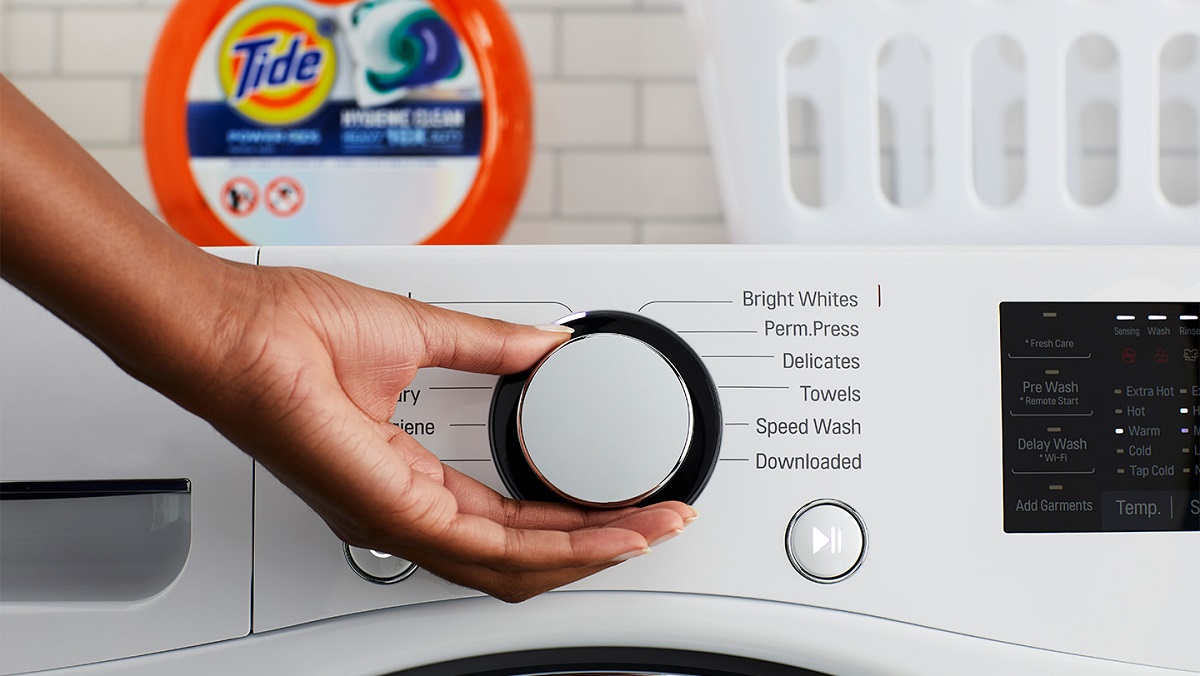


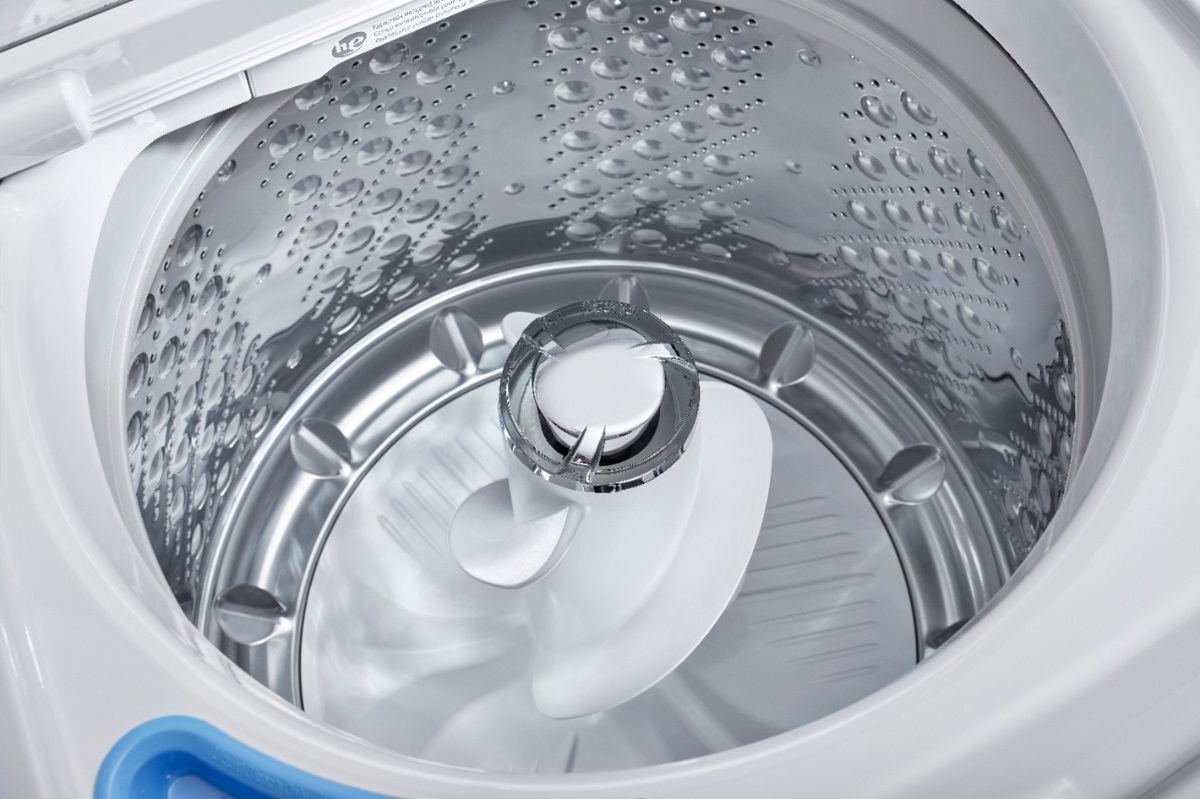

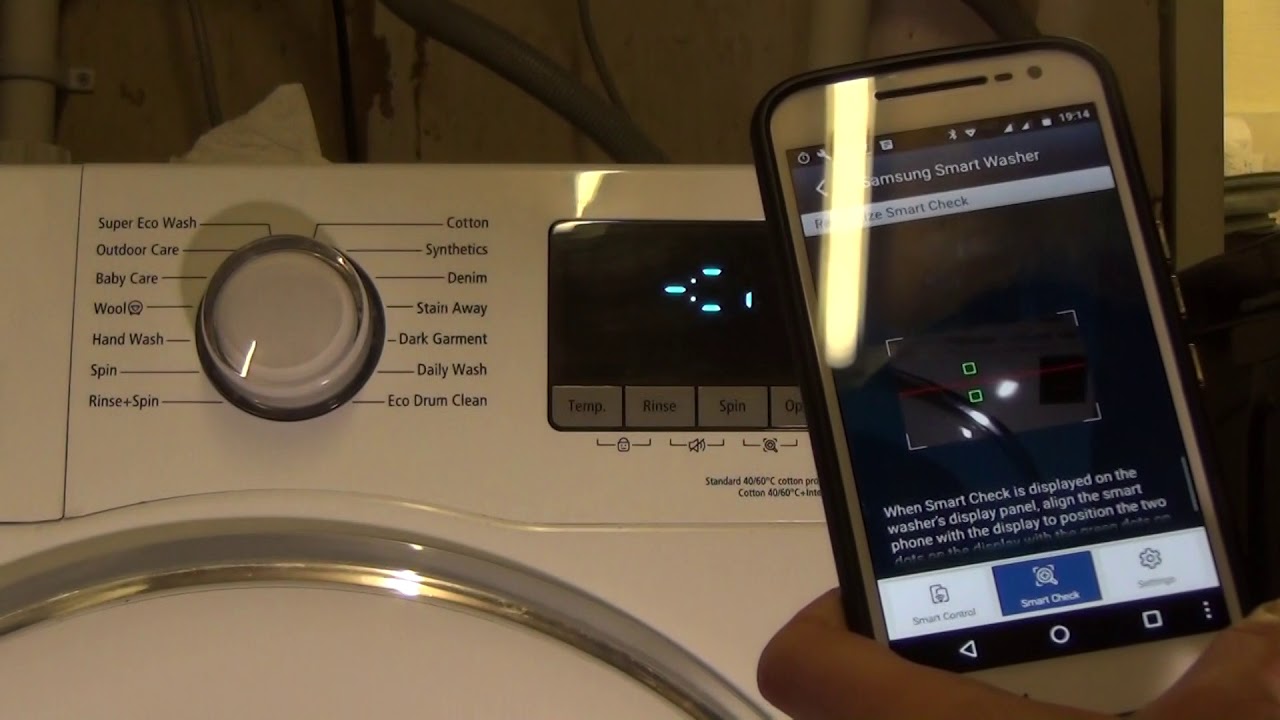
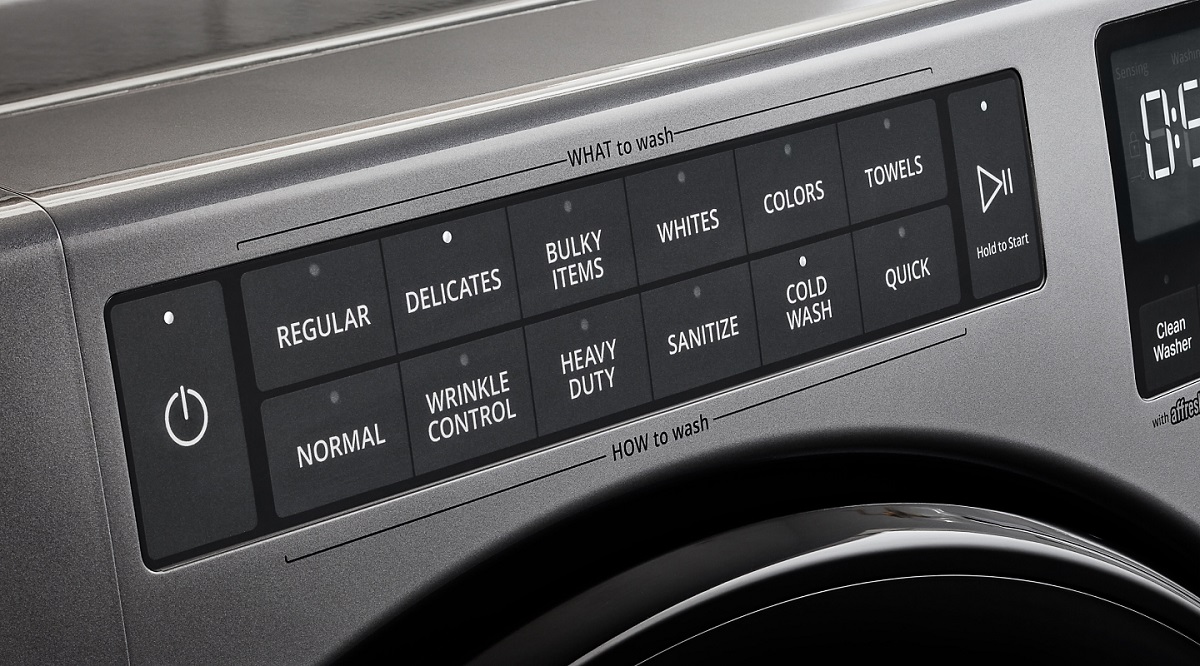

0 thoughts on “What Is A Washing Machine Impeller”